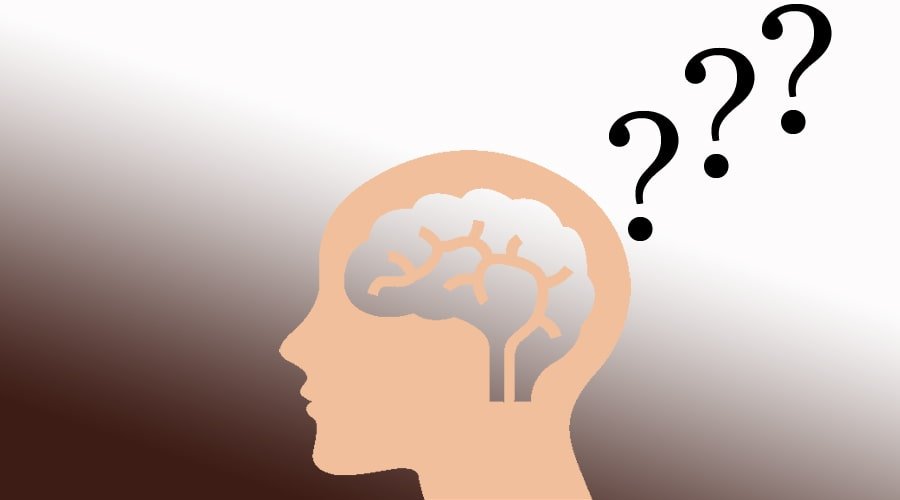Mental Disorder Causes, Symptoms, and Treatment

From the boardroom to the bedroom, mental health touches us all. Are you at risk?
Mental illness knows no boundaries. It affects people of all ages, genders, geographies, incomes, social statuses, races, ethnicities, religions, spiritual beliefs, sexual orientations, and backgrounds. While it can strike at any age, most diagnoses occur by age 24.
Mental disorders impact millions worldwide, often hidden by misunderstanding and stigma. These conditions stem from a complex mix of genetic, environmental, and psychological factors. Understanding their causes helps us unravel the mysteries of the mind and see how they affect daily life. From the anxiety before a big presentation to the depression that dims everyday joy, recognizing these symptoms is the first step toward healing.
Join us as we explore the causes, symptoms, and treatments of mental disorders, illuminating this critical aspect of human well-being.
Characteristics of Mental Disorders
No single trait defines mental illness, but various characteristics together can provide an accurate picture. Here are some key features:
Personal Distress
Personal distress is a hallmark of mental disorders. Behaviors causing extreme distress can indicate conditions like depression or anxiety. However, not all mental illnesses cause distress. For example, someone with an antisocial personality disorder may break laws without feeling remorse.
Disability
Mental illness can impair one’s life, affecting employment or relationships. Substance abuse disorders often cause occupational or social issues, while phobias can be crippling, such as a fear of flying preventing job applications across states. However, not all mental disorders involve disability. For example, many people with bulimia lead normal lives, bingeing and purging in private.
Violation of Social Norms
Behavior deviating from social norms can signify mental disorders. For example, people with obsessive-compulsive disorder engage in rituals violating social standards, while those with schizophrenia might have conversations with voices only they can hear. However, not all norm violations are due to mental illness, and social norms vary widely across cultures.
Dysfunction
Mental disorders often involve dysfunctional behaviors judged harmful based on social norms and values. These dysfunctions occur when internal mechanisms fail to fulfill their intended purposes, such as certain behaviors deviating from evolutionary functions.
Causes of Mental Illness
The exact causes of mental illness are often unknown but likely involve a mix of genetic and environmental factors.
Genetic Factors
Mental illnesses can run in families, suggesting genetic links. The risk of mental disorders is inherited, with each person’s genetics and environment interacting uniquely.
Environmental Factors
Stressful situations like poverty or abusive environments can increase the risk of mental illness. Childhood trauma can cause long-term stress, even if the stressful environment changes later.
Prenatal Damage
Brain development issues during the embryonic stage or birth trauma, such as oxygen deprivation, may contribute to conditions like autism spectrum disorders.
Altered Brain Chemistry
Neurotransmitters in the brain, responsible for communication, can malfunction, leading to mental illnesses.
Substance Abuse
Alcohol and drug abuse can lead to mental disorders and complicate recovery.
Common Symptoms of Mental Disorders
Distinguishing between normal behavior and signs of mental illness can be challenging. Look for abrupt changes in cognitive patterns or behaviors, such as:
- Feeling down or sad
- Changes in sleep patterns or chronic fatigue
- Confusion or difficulty concentrating
- Excessive worry about weight or appearance
- Intense fears or guilt
- Extreme mood swings
- Social withdrawal
- Difficulty handling daily stress
- Substance abuse
- Changes in sex drive
- Anger, hostility, or violence
- Hallucinations
- Suicidal thoughts
Treatments for Mental Disorders
Treatment for mental health issues is personalized, often involving a combination of methods:
Psychological Therapy
Talk therapy is widely used, helping individuals share concerns with mental health professionals. Various forms, like dialectical behavior therapy, are used in one-on-one, group, or family settings.
Medication
Medications can help restore brain chemical balance, alleviating symptoms. A physician will discuss benefits and potential side effects.
Community-based Support Programs
Support groups offer assistance, including information, job support, education, and mutual support. Community acceptance and understanding are crucial.
Home Remedies
Alternative remedies can supplement traditional treatments. Following the treatment plan, avoiding substances, and maintaining a healthy lifestyle, including brain-friendly foods like omega-3 fatty acids, can help.
Conclusion
Mental illness is a universal challenge, transcending all barriers. Understanding its characteristics, causes, symptoms, and treatments is vital for addressing this significant aspect of human health. By shedding light on mental disorders, we can foster understanding, reduce stigma, and promote healing and well-being for all.